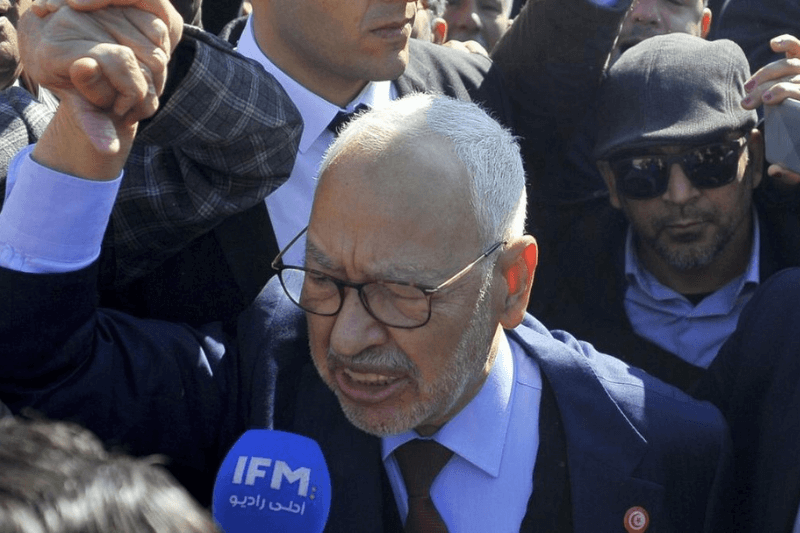Tunisia, the cradle of the Arab Spring and a symbol of hope for democratic change in the Middle East, is facing its own internal turmoil. In the midst of escalating political persecution and human rights violations, the families of detained lawyers and politicians are making a poignant appeal to the International Criminal Court (ICC).
Political persecution in Tunisia
As Tunisia grapples with political turmoil, a disturbing pattern has emerged. President Kais Saied’s opponents are being systematically arrested, leading to an atmosphere of fear and uncertainty. Concerned family members of detained attorneys and politicians have decided to take action.
Legal Action in Progress
The families of detained opposition figures have invoked Article 15 of the Rome Statute, the founding treaty of the ICC. This article empowers the ICC prosecutor to initiate investigations independently, bypassing the need for referrals from member states or the United Nations Security Council. It is a significant step towards seeking justice and accountability.
Keep Reading
International Responsibility
Yusra Ghannouchi, the daughter of imprisoned opposition leader Rached Ghannouchi, does not solely point fingers at Tunisia’s internal politics. She holds Europe accountable for its role in enabling the situation. Europe’s failure to condemn the coup and its tacit approval have contributed to the crackdown on opposition figures and an increase in abuses against migrants. The consequences of inaction reverberate globally.
Challenging the ICC
Initiating an ICC investigation is no small feat. It requires compelling evidence and a strong legal basis. The legal team behind this plea acknowledges the complexities and potential hurdles. However, they emphasize the importance of addressing crimes against humanity falling under the ICC’s jurisdiction. The international community’s role in supporting this endeavor cannot be overstated.
Tunisia stands at a critical juncture in its history. As political persecution and human rights violations escalate, the families of detainees and opposition figures turn to the ICC for justice. Their plea signifies a call for accountability and an end to impunity. The world watches closely as Tunisia navigates these tumultuous waters, with the hope that justice will prevail.

